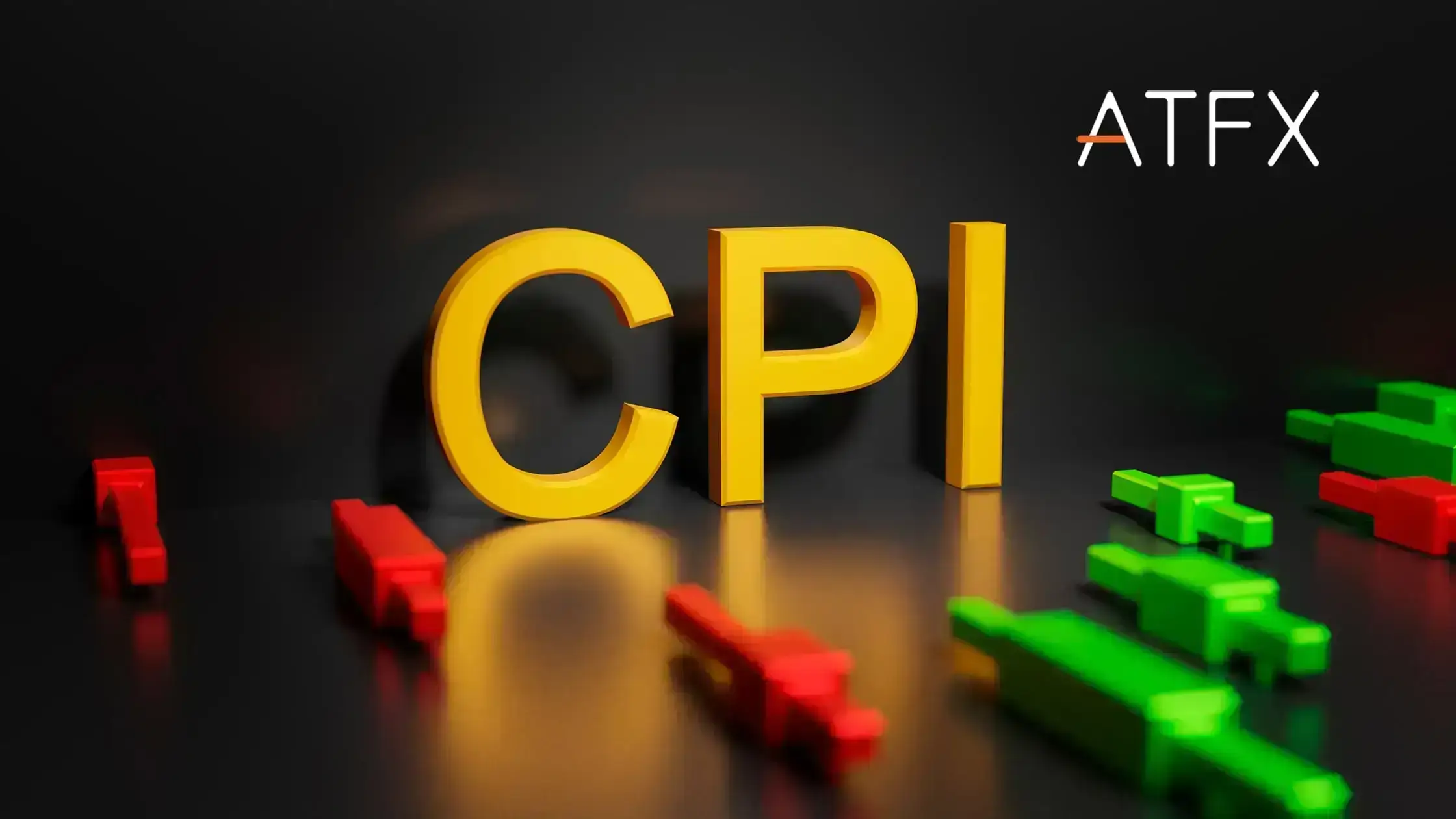US Inflation Sees a Slight Dip, But Trade War Looms as a Potential Threat
Table of Contents
- Anticipation builds for US July CPI report: Expert expectations - Sharecafe
- Final Salary Linking Quiz time. - ppt download
- 日內交易是什麼? 3個例子搞懂日內交易& 交易策略
- BCE WAR... PRICE CAP GAS! - icebergfinanza
- What's your real inflation rate? - Morningstar.com.au
- What’s in the Core of the CPI? – Political Arithmetick
- CPI là gì? Ý nghĩa và công thức tính chỉ số giá tiêu dùng CPI
- 消費者物価指数(CPI) 総合 4.0% core-CPI 3.0%・22年12月
- CPI Data Tomorrow - Apollo Academy
- Core CPI, the number to care about, plummeted this month – Kevin Drum
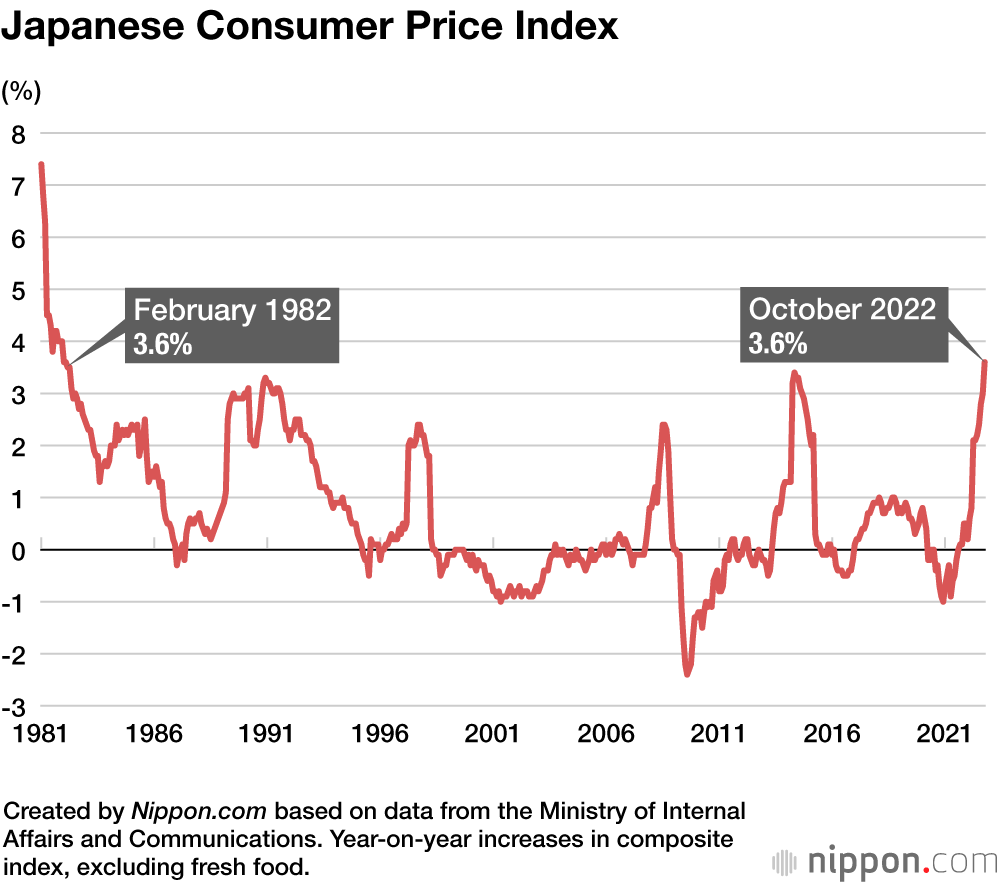
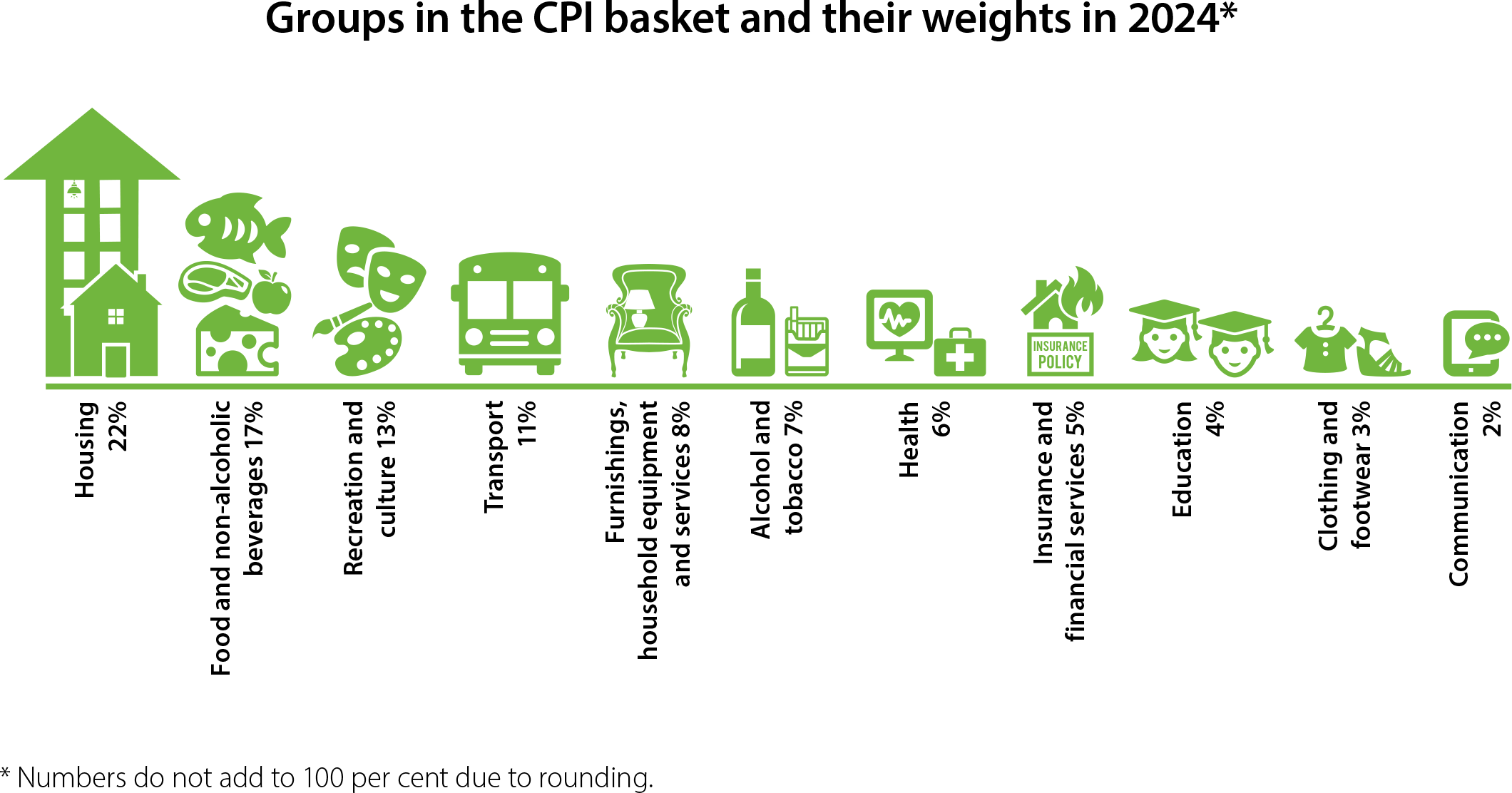
The Consumer Price Index (CPI), which measures the average change in prices of a basket of goods and services, rose by 2.3% in August compared to the same period last year. This is a slight decrease from the 2.5% increase recorded in July. The core CPI, which excludes volatile food and energy prices, also saw a marginal decline, increasing by 2.0% compared to 2.2% in the previous month. These numbers indicate that inflation is still within the Federal Reserve's target range of 2%, but the trade war with China could potentially push prices up in the coming months.

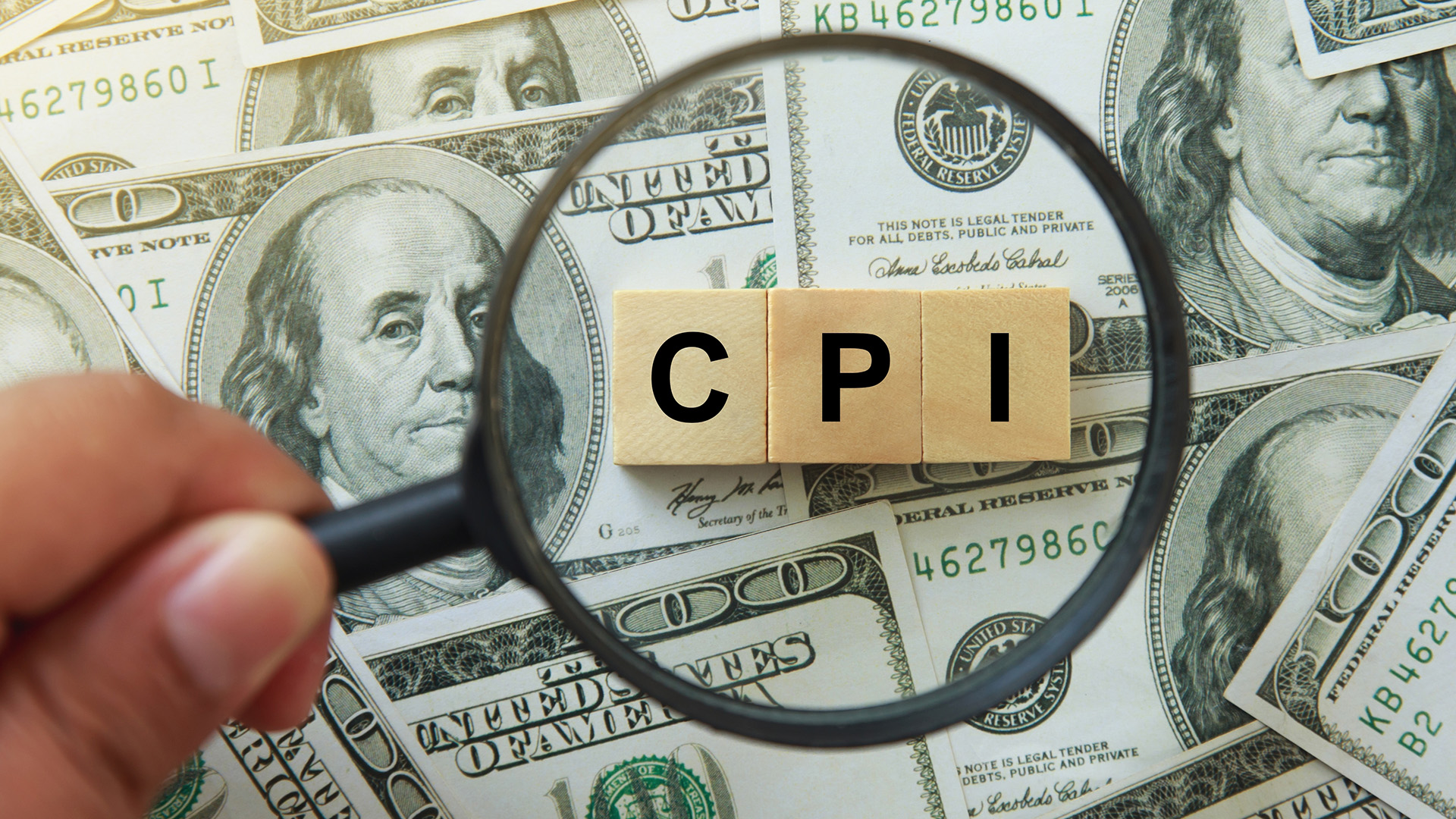
Impact of Trade War on Inflation

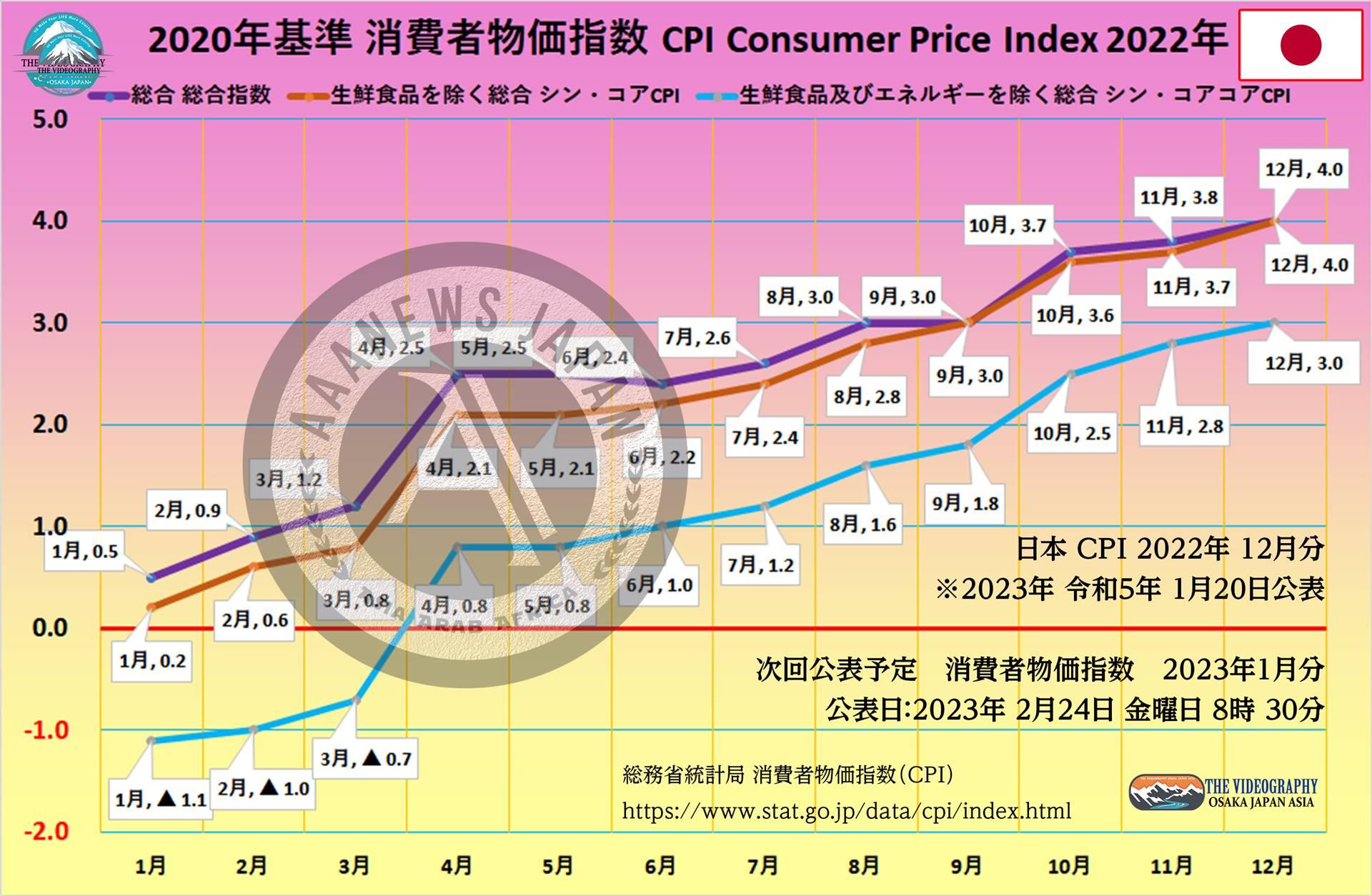
The trade war has also led to a decline in business confidence, with many companies delaying investments and hiring due to uncertainty about the future. This could lead to a slowdown in economic growth, which in turn could impact inflation. The Federal Reserve has already cut interest rates twice this year to boost economic growth, but the trade war poses a significant risk to the economy, and the Fed may need to take further action to mitigate its impact.
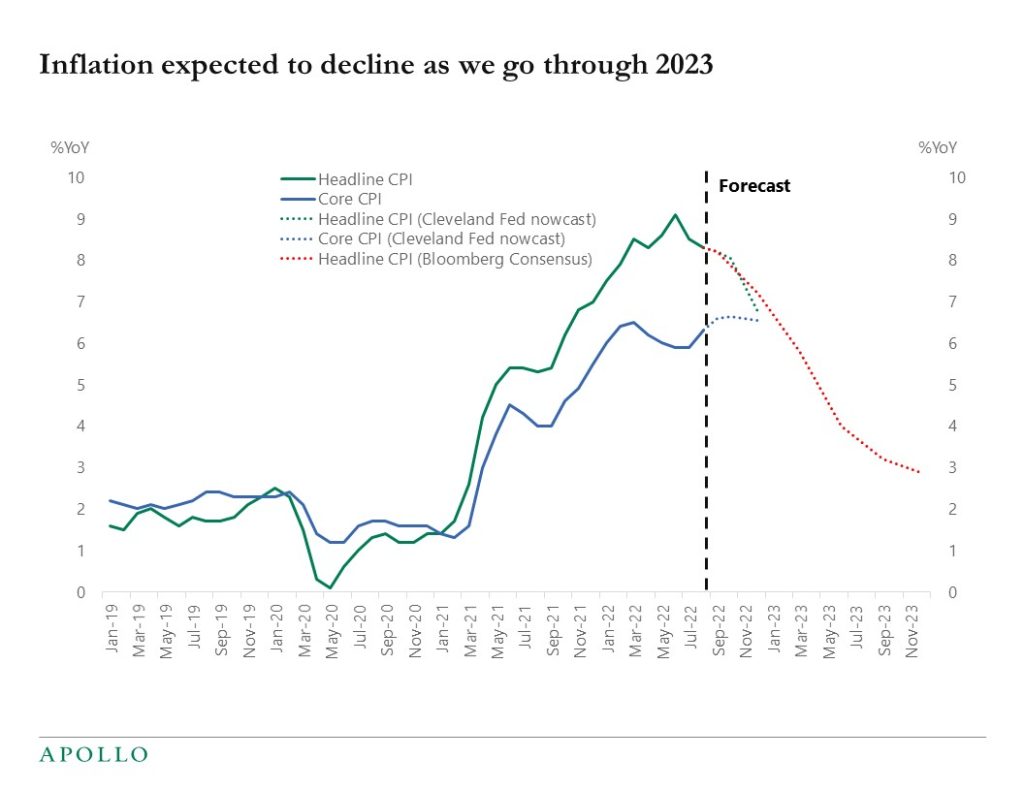
+plus+1.5%25+Consumer+price+index+(CPI)+only.jpg)
What's Next for the US Economy?
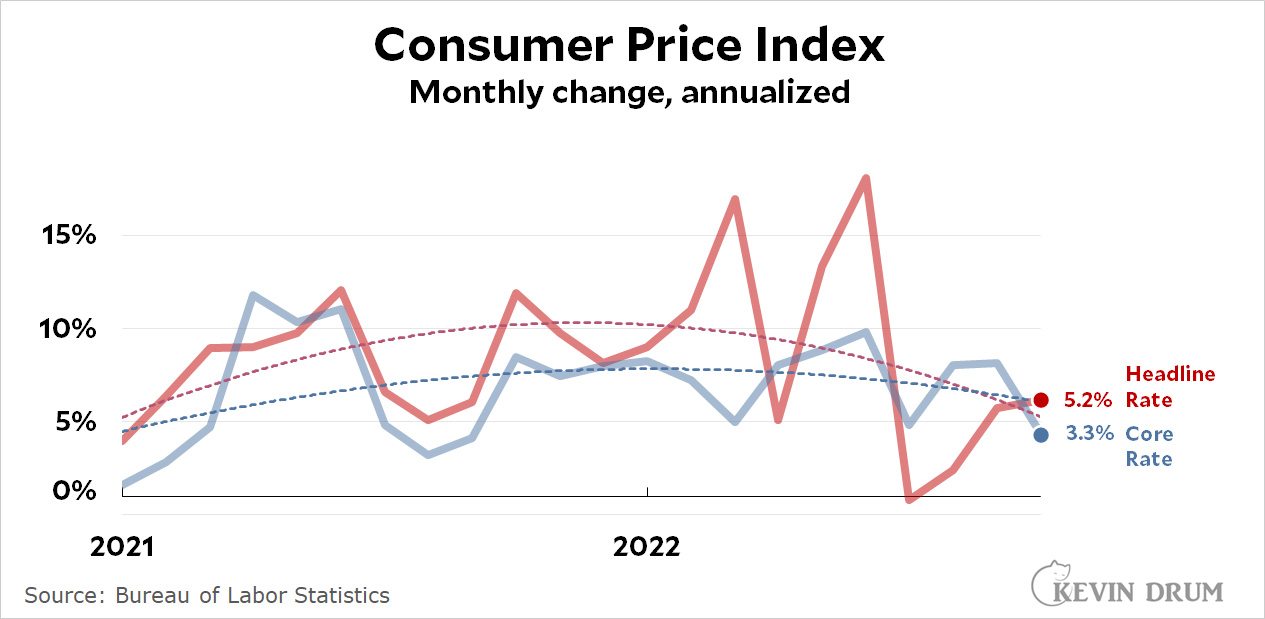
In conclusion, while the US inflation has cooled down last month, the trade war with China poses a significant threat to the economy. The impact of the trade war on inflation and economic growth will be closely watched in the coming months, and the Federal Reserve will need to take a cautious approach to monetary policy to mitigate its effects. As the trade war continues to evolve, it's essential for consumers, investors, and businesses to stay informed about the latest developments and their potential impact on the economy.
